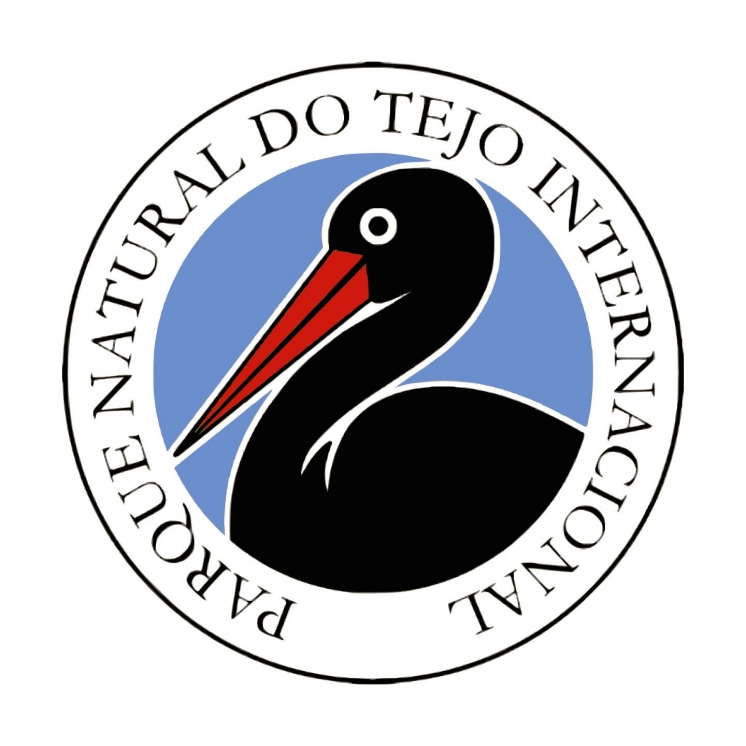Portuguese Parks to the world/Parques Portugueses no Mundo
Nesta rubrica destacamos alguns dos principais parques naturais portugueses, valorizando o seu contributo para a divulgação do património ambiental.
Este mês – Parque Natural do Tejo Internacional (Portugal)
O Tejo Internacional, zona que abrange o vale do troço fronteiriço do rio Tejo, bem como vales confinantes e zonas aplanadas adjacentes, é uma área de reconhecida importância em termos de conservação da natureza, destacando-se o conjunto das arribas do Tejo, que desempenha um papel fundamental na conservação das espécies da flora e da fauna, juntamente com outros biótopos característicos das paisagens meridionais.
A Paisagem do Parque Natural do Tejo Internacional é constituída essencialmente por montado de azinho, sobro e misto, formações ripícolas (tamujais e salgueirais), estepe cerealífera, matagal mediterrânico (azinhais e zambujais), olival de encosta e povoamentos florestais (eucalipto, sobreiro e estevais). De entre os diversos tipos de comunidades existentes destaca-se, pela superfície ocupada, o montado de azinheira Quercus rotundifolia e sobreiro Quercus suber, que se apresenta ora com árvores isoladas e culturas arvenses sob coberto, ora com árvores de menor porte ou bosquetes, restringindo-se a cultura arvense às baixas e encostas menos pedregosas. As várias linhas de água presentes, com comunidades vegetais ripícolas associadas, constituem igualmente um importante património natural a conservar.
Destacam-se ainda várias espécies estritamente protegidas por convenções internacionais, algumas das quais classificadas como espécies em perigo de extinção, outras com o estatuto de vulneráveis e outras ainda consideradas raras. O Tejo Internacional e seus afluentes é um dos raros locais onde se pode observar a cegonha-preta Ciconia nigra, ave com estatuto de "raro" e ocupando extensos territórios.
Mais informação em http://www2.icnf.pt/portal/ap/p-nat/pnti
Roteiros de visita: http://www2.icnf.pt/portal/ap/resource/ap/pnti/descobert-pnti
------------------------------------------------------------------------------------------
This month – Tejo Internacional Nature Park (Portugal)
The border section of International Tagus River, as well as the valleys and surrounding areas, is an area of recognized importance in terms of nature conservation, particularly the ensemble of the Tagus cliffs, which plays a fundamental role in the conservation of species of flora and fauna.
The Landscape of the Tejo Internacional Natural Park presents a geological substrate predominantly shale and contains an interesting set of characteristic flower species from the meridional landscapes, namely cork and holm oak woods, dense olive groves, sometimes ledged, and steppes of cereal. In the least fertile soils the gum rockrose dominates. Among the existing communities, the holm oak forest Quercus rotundifolia and cork oak Quercus suber stand out, restricting the arable culture to the low and less stony slopes.The existing water lines, associated with riparian vegetable communities, are also an important natural heritage to conserve.
From the existing species, many of them with protection status, we highlight the otter, the wild cat and the common genet as well as a deer population along the Tagus and Erges valleys. This is also an important area for birds - highlighting the presence of the black stork, symbol of the park, and also numerous birds of prey that nest in the river cliffs.
More information at https://natural.pt/protected-areas/parque-natural-tejo-internacional?locale=en






